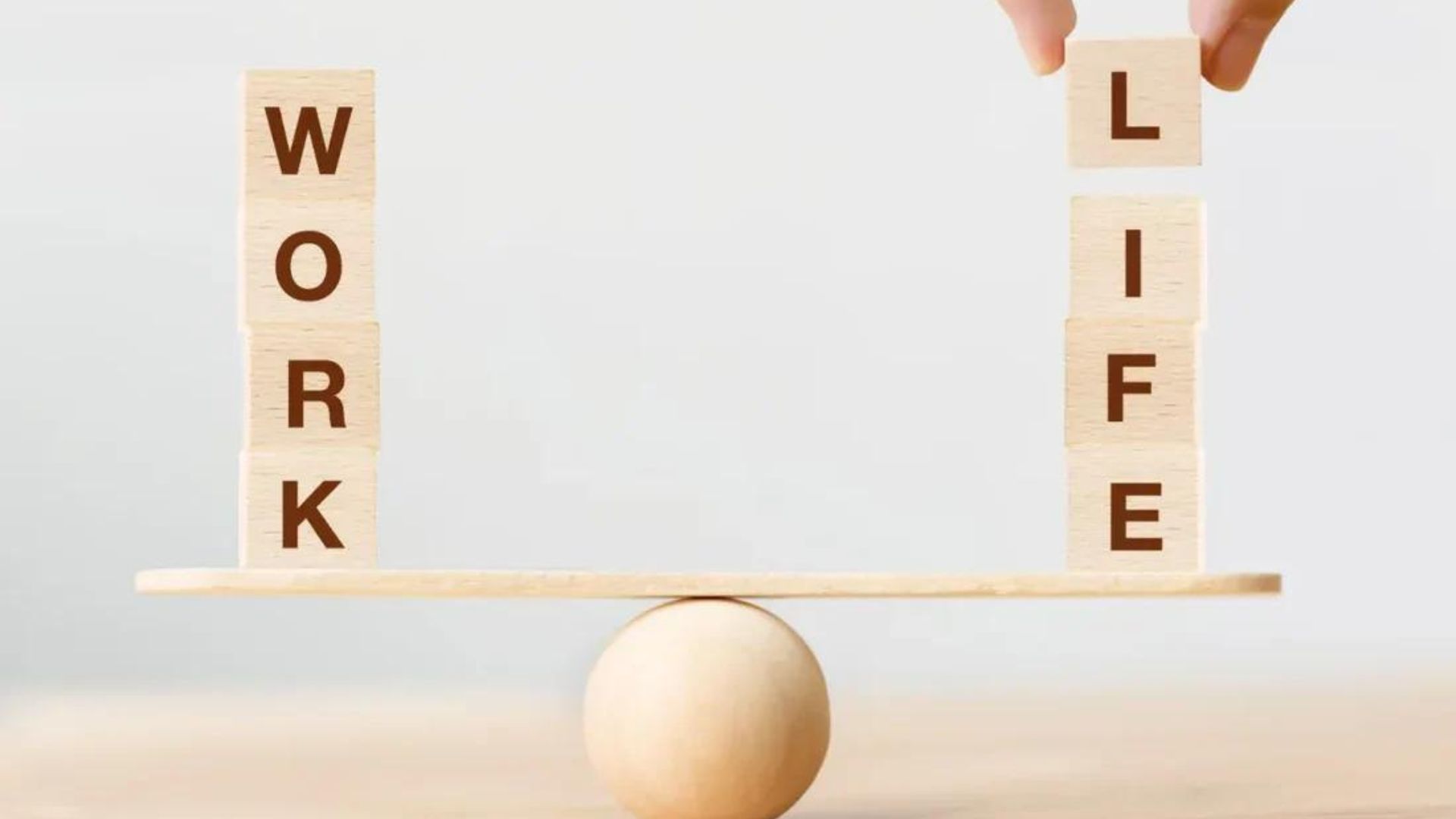We all know the feeling: swamped with work emails, stressed about deadlines, and barely finding time to breathe. It’s easy to get caught up in the hustle and grind, but neglecting a healthy work-life balance can have serious consequences for your mental and physical health. In this blog post, we will talk more about the importance of work-life balance, exploring how finding an equilibrium between professional responsibilities and personal well-being is essential for a fulfilling and sustainable lifestyle.

Why Does Work-Life Balance Matter?
Imagine your life as a pie chart. A healthy work-life balance means having a decent slice for work, and a good chunk left over for everything else that matters: spending time with loved ones, pursuing hobbies, taking care of yourself. When that work slice gets too big, it crowds out everything else, leading to:
Stress Overload
Constant work pressure triggers the body’s stress response, initiating a cascade of physiological changes aimed at preparing the body to deal with perceived threats. One of the primary hormones released during stress is cortisol, often referred to as the “stress hormone.” When cortisol levels rise, it can have widespread effects on the body, both physically and mentally.
Burnout Blues
Feeling constantly drained and emotionally exhausted is often a hallmark sign of burnout, a state of chronic stress that develops gradually over time. Burnout typically occurs when work demands become overwhelming, and individuals feel unable to cope with the pressures they face. This prolonged exposure to stress can have profound effects on physical, emotional, and mental well-being, ultimately leading to feelings of disillusionment, detachment, and inefficacy.
Relationship Strain
When work consumes a significant portion of your time and energy, it can have detrimental effects on your relationships with family and friends. The demands of a busy work schedule may lead to missed opportunities for quality time spent with loved ones, ultimately causing feelings of isolation and disconnection.
The Benefits of a Balanced Life
Finding a healthy balance between work and life isn’t just about feeling good, it’s about taking care of your entire well-being. Here’s what you can gain:
Sharper Mind & Better Focus
Stronger Body & Healthier Habits
A balanced life allows time for exercise, healthy eating, and relaxation. This translates to a stronger immune system, a lower risk of chronic diseases, and a happier, healthier you.
Happier You & Stronger Relationships
Having time for hobbies, loved ones, and activities you enjoy boosts your mood and strengthens your connections with others.
Tips for Achieving Work-Life Balance
Finding that perfect work-life balance isn’t always easy, but here are some tips to get you started:
- Set Boundaries: Communicate clear boundaries with your employer and colleagues. Disconnect after work hours and avoid checking emails constantly.
- Learn to Say No: Don’t be afraid to politely decline additional work if it will overload your schedule.
- Plan Your Time: Schedule dedicated time for work, personal life, and relaxation. Use a calendar or planner to stay organized and avoid feeling overwhelmed.
- Take Breaks: Get up and move around throughout the workday. Take your lunch break and don’t skip vacation days!
- Prioritize Self-Care: Make time for activities that help you relax and recharge, whether it’s reading, spending time in nature, or exercising.
Remember, a healthy work-life balance is an ongoing process. Experiment, find what works for you, and don’t be afraid to adjust as needed. By prioritizing both work and your personal life, you’ll be setting yourself up for a happier, healthier, and more fulfilling life.

